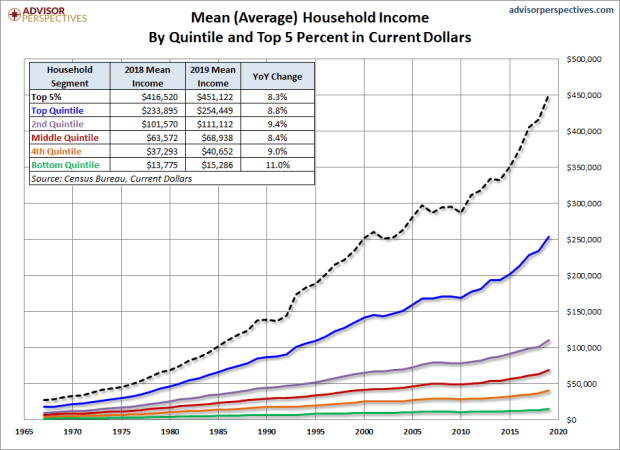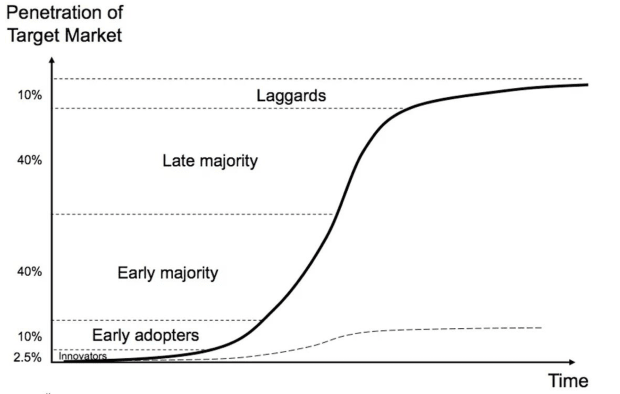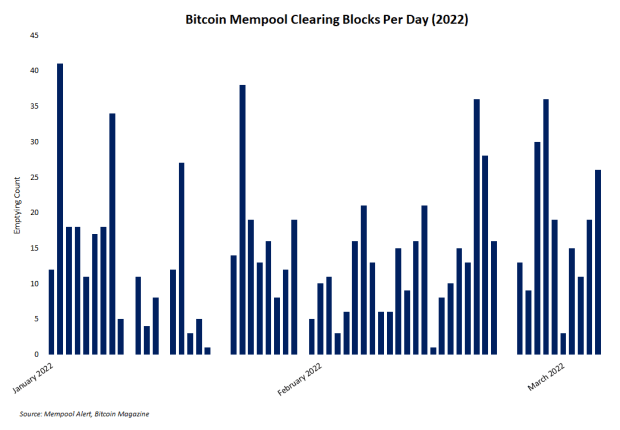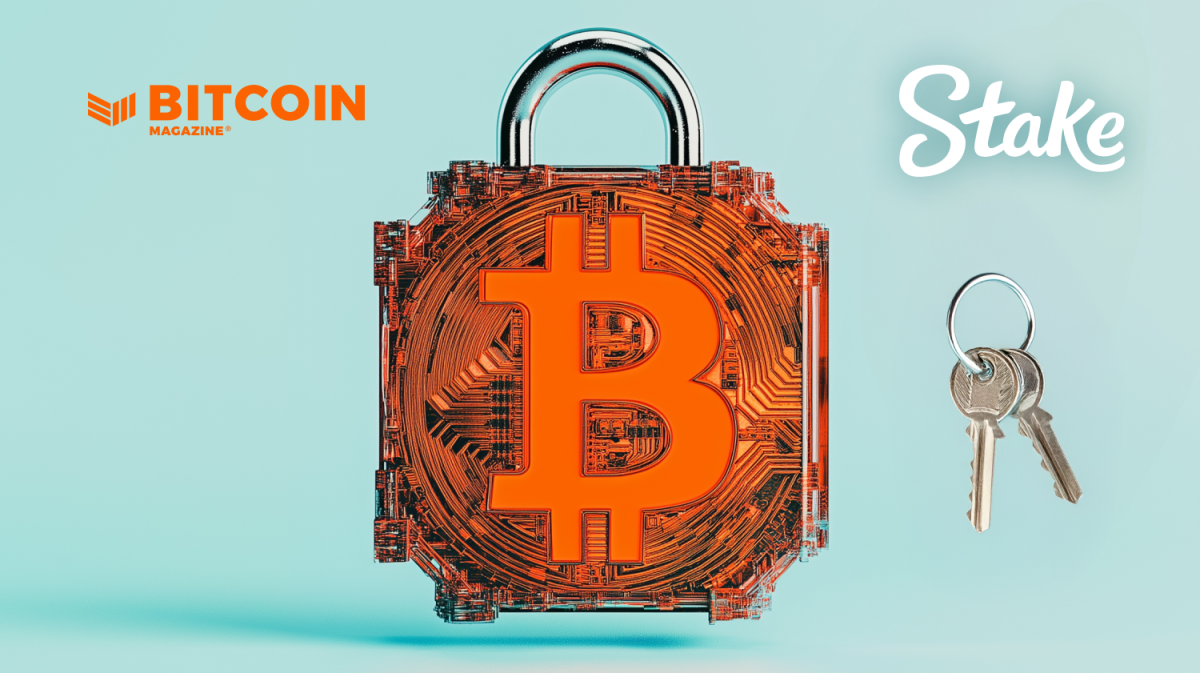Max Keiser Speaks At Labitconf Bitcoin Conference In El Salvador
Keiser talked about the dark future enabled by CBDC and how Bitcoin can come to the rescue.
Bitcoin evangelist Max Keiser got up on stage today at the Labitconf Bitcoin Conference in El Salvador to chat about the role central bank digital currencies (CBDCs) might play in the monetary future of our society and the associated implications for Bitcoin. The panel, moderated by Bitcoin Magazine’s journalist Aaron van Wirdum, was live-streamed for those who couldn’t attend the conference in person.
“CBDCs are just a re-creation of the current fiat money system, except they make it worse,” Keiser said. “It’s totally centralized and it gives the state greater powers of surveillance. The ability to save money will be gone.”
Keiser went on to explain how CBDCs could enable too much power for central banks and governments, ultimately hurting the privacy and freedom of individuals around the world. The Bitcoin bull posed questions as to whether such developments by central banks that create “a digital representation of the fiat currency,” as explained by van Wirdum, are in the people’s best interest.
“If states cared about people, they would stop debasing the currency; they would not keep interest rates at zero; they wouldn’t allow crooks to have a business model where they get to keep 90 cents of every dollar they steal,” he added.
The speaker then articulated how Bitcoin is uniquely positioned to provide citizens with the option to save and spend when and as they see fit, a stark contrast of the possibilities enabled by CBDCs and the monetary policy toolbox available to governments.
“I think of Bitcoin as the new guillotine, and we’re about to enter a new reign of terror,” he added. “But it’s gonna be a quiet reign of terror; instead of decapitating, we’re going to decapitalize them, defund them. Because they love their fiat money, and they’ll print it and bankrupt themselves.”
Keiser’s remarks may appear radical and unilateral, but citizens of least-favored countries already face this reality today. In “Check Your Financial Privilege,” Human Rights Foundation’s Alex Gladstein tells how people in developing economies are using Bitcoin to protect their savings and bypass a cumbersome financial system that oppresses and sanctions.
By the end of the panel, Keiser changed his tone as he began to speak more about Bitcoin itself and focus on the possibilities enabled by the sound monetary system. He explained how Bitcoin promotes peaceful resistance and encourages a society based on freedom.
“A lot of people are gonna realize that violence and coercion don’t work,” Keiser said. “We’re gonna be more human than we’ve ever been before, where the interaction is about equality, with the hardest money ever.”
Bitcoin has the potential to embark society onto a more inclusive and equal financial system that does not differentiate between users. The peer-to-peer monetary network resets the predicaments dictating the traditional financial system and replaces them with the ideals of proof-of-work, freedom, and individual sovereignty.
“Satoshi is love, and that’s where we’re headed,” Keiser concluded.









